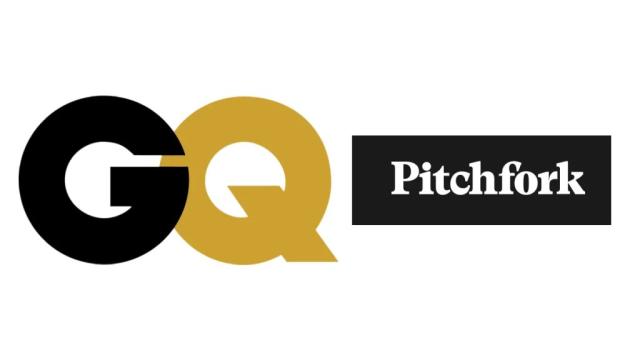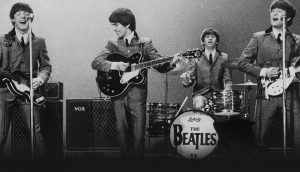By Dylan Stovall, Assistant Arts Editor
On Jan. 17, Chief Content Officer of Condé Nast Anna Wintour announced that Pitchfork, the premiere online music publication, will be rolled into the popular men’s magazine GQ. This comes at a time when major publications are navigating the arena of social media, with younger generations preferring free accessibility to a variety of content through their smartphones over the quiet luxury of mail-in publications and magazines.
In Wintours’s memo, she explained some of the reasoning behind the consolidation of the brands.
“This decision was made after a careful evaluation of Pitchfork’s performance and what we believe is the best path forward for the brand so that our coverage of music can continue to thrive within the company,” she said. Both Pitchfork and GQ have unique and valuable ways that they approach music journalism, and we are excited for the new possibilities together.”
However, there has been some grief among the melophiles as the coupling of the two companies may come at the expense of their cultural cache.
Junior political science and international relations and diplomacy major Tori Koechert shared some of her frustrations over the company joining a men’s magazine.
“That is so weird, not to stereotype, but I feel like more women keep up with music and emerging artists,” Koechert shared. “Maybe that’s what they are trying to do. Maybe more women read magazines so it’s like they are trying to bring them in to buy more magazines and subscribe. Otherwise, I don’t understand why they would do that. It’s definitely a business decision.”

Initially, Pitchfork was founded in 1996 as a faster-moving online publication that reviewed albums, artists and new acts. This opened horizons for unknown artists who were able to be showcased on a larger, albeit virtual, stage. Pitchfork was trusted for their honesty, using a ten-point scale to rank bodies of work along with a detailed and sometimes scathing review section. Growing influence throughout the early 2000s, Pitchfork cemented itself as the go-to spot for passionate music reviews.
As social media began to take over in the 2010s, Pitchfork lost its footing on the shepherding of the masses to the “best” music. As algorithms advanced, Spotify and Apple Music took over as the force pushing new songs to the tops of subscribers’ playlists.
Junior musical theatre major Aidan Bradley finds it difficult to keep up with the conversations surrounding artists and their place in the industry.
“When Spotify suggests something I listen to it and I’m like, that’s not bad,” Bradley said. “Sometimes new artists pay to have promotions on TikTok while others just post their own songs. Big celebrities will repost or comment on new artist videos, but I wouldn’t read something about it unless it was just the headline. I sometimes see on Twitter where artists are ranked.”
TikTok has driven some great moments for music, boosting decades-old songs back to the Billboard charts and pushing a wave of major artists to release multiple versions of a song when dropping a single. However, there seem to be obstacles to gaining virality on the app.
“Gatekeeping is kind of big on there and annoying. It’s only okay when I gatekeep,” Koechert stated.
Although gatekeeping is a prevalent force in the comment sections on countless TikToks, the exchange of new music and artists is still growing rapidly on the content-driven app as people resurface or remix songs that they love to share with their large followings. It is disappointing to some to see Pitchfork fade away, but others are optimistic that this merger might bring about a new era of high-caliber music reviews.



Be First to Comment